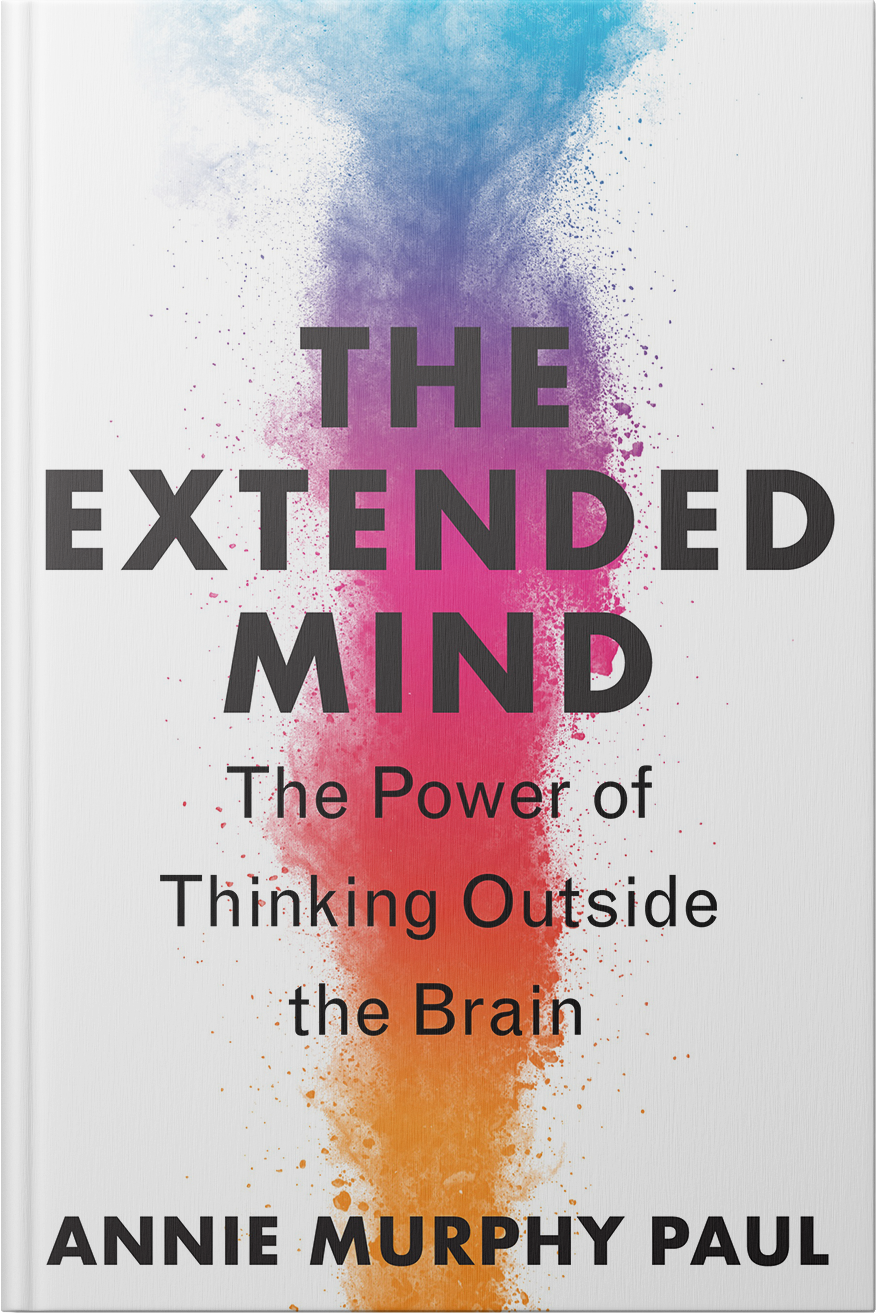Political observers spend a lot of time contemplating how voters think: what they believe, how they can be persuaded. But how about what voters feel—literally, the physical sensations in their bodies? Manos Tsakiris urges us to consider what he calls “visceral politics.”
Tsakiris, a psychologist at the University of London, writes in a fascinating new paper that “visceral states have come to the forefront of politics.” Uncomfortable internal feelings are interpreted as fear or anger, motivating political decisions accordingly.
“In a social world of increased existential uncertainty,” accompanied by “increased informational uncertainty,” he writes, influence accrues to politicians who are able to give a name to what people are feeling in their bodies.
This is something Donald Trump was good at. Tsakiris cites this example: “Trump said in a political rally that ‘the Democrats’ shameful conduct has created an angry majority, and that’s what we are, we’re a majority and we’re angry.'”
“People may not know what they want because they may not know what they feel,” Tsakiris notes; politicians gain power when they’re able to tell a persuasive story about what we’re feeling.
Relatedly, if our bodies feel different, we may make different political choices. “A reduction of 7% in diabetes prevalence in Michigan, a 5% reduction in heavy drinkers in Wisconsin, and an 8% increase of people engaging in physical activity in Pennsylvania would have swung the states” in the 2016 election, Tsakiris writes—resulting in a different outcome.
Tskakiris’s paper (written with two coauthors) offers an important corrective to the “brainbound” approach to political activity, concerned only with how people think. Voters have bodies as well as brains, and the feelings arising in those bodies are crucial determinants of political behavior.
Here’s Tsakiris’s paper:
“Visceral Politics: A Theoretical and Empirical Proof of Concept”
Manos Tsakiris, Neza Vehar, and Raffaele Tucciarelli, in Philosophical Transactions of the Royal Society B: Biological Sciences
file:///Users/annepaul/Downloads/Tsakiris_Philosophical%20Transactions_Authors%20preprint_2021.pdf
Postscript: For those of you interested in the above post about “visceral politics”—the role of bodily sensations in political choices and behaviors—I would direct you to this very accessible news article, also by Manos Tsakiris.
“We live in bodies that feel increasingly unsafe,” he writes, and this fact undeniably influences our politics. He argues for “a historically novel scientific understanding of the human being, not so much as a rational creature, but as a primarily embodied and affective one.”
While he acknowledges that visceral politics, these days, mostly means that political choices are being made out of feelings of fear or rage, he also holds out a vision of a very different state of affairs: “Our politics should make our bodies feel safe, and empower us to tolerate and explore the inherent uncertainty of the human condition.”
Here’s Tsakiris’s article:
“Politics is Visceral”
Manos Tsakiris, in Aeon
https://aeon.co/essays/politics-is-in-peril-if-it-ignores-how-humans-regulate-the-body
